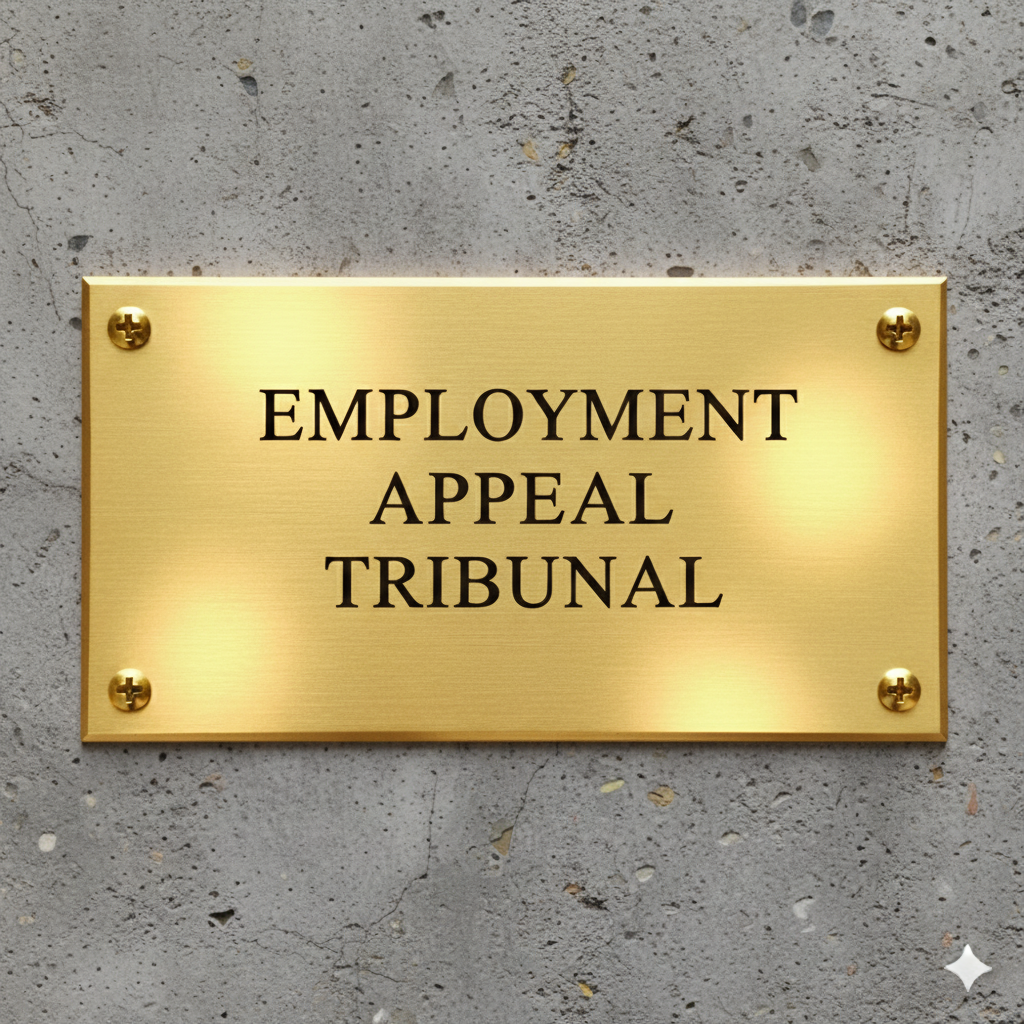RAF Corporal Wins Appeal Over Pregnancy Discrimination Claim Against Ministry of Defence
An RAF corporal successfully appealed a decision regarding her claim of pregnancy discrimination after a medical board cancellation impacted her promotion prospects. The EAT ruled in her favour.
• public
RAF Corporal's Pregnancy Discrimination Claim Reinstated After Appeal
An Employment Appeal Tribunal (EAT) has ruled in favour of Ms H Curtis, an RAF corporal, in her appeal against the Ministry of Defence (MOD) concerning a pregnancy discrimination claim. The case, Ms H Curtis v Ministry of Defence [2024] EAT 161, centres around the cancellation of Ms Curtis's medical board appointment due to her pregnancy and the subsequent impact on her career progression.
Background of the Case
Ms Curtis, who was eligible for promotion to Sergeant, required a full fitness certificate to access all available opportunities at that rank. However, after sustaining an injury, she was medically downgraded. A medical board was scheduled for August 2017 to assess her fitness, but it was cancelled after she discovered she was pregnant. This cancellation prevented her from applying for her preferred promotion post.
Although she was eventually promoted, Ms Curtis argued that the cancellation had long-term negative consequences for her career and potential career extension. She brought a claim to the Employment Tribunal alleging pregnancy discrimination related to the cancelled medical board.
Tribunal's Initial Decision
An Employment Judge initially struck out the claim, citing a lack of jurisdiction. The Judge argued that the specific claim regarding the medical board cancellation had not been explicitly included in the summary of claims by a Specified Officer during the Service Complaint process. Therefore, it was deemed inadmissible.
EAT Allows the Appeal
Her Honour Judge Tucker allowed Ms Curtis's appeal. The EAT found that the relevant statutory provisions, including sections 340A and B of the Armed Forces Act 2006, the Armed Forces (Services Complaints) Regulations 2015, and sections 120-121(2) of the Equality Act 2010, establish a structured process for serving members of the armed forces to bring claims under the EqA 2010. The EAT emphasised that at each stage of the Service Complaint procedure where a decision against the complainant is made (including a decision of inadmissibility), the serviceman or woman has the right to be informed of the decision and the reasons for it, and then the right to seek review to an independent body, namely the Ombudsman or Tribunal.
The EAT concluded that because there had been no clear determination that the complaint regarding cancellation of the medical board was inadmissible, nor any reasons given for such a decision, the original claim should not have been struck out. The EAT noted in particular that the original notification of admissibility from the Specified Officer did not expressly exclude the medical board cancellation as a ground of complaint.
Implications
This decision clarifies the process for service personnel bringing discrimination claims and highlights the importance of clear communication regarding the admissibility of specific complaints within the Service Complaint procedure. The case underscores the rights of service members to have their concerns addressed and to seek independent review when decisions are made against them.
The case now returns to the original Employment Tribunal to be heard on its merits.
Read the entire judgement here: Ms H Curtis v Ministry of Defence [2024] EAT 161
